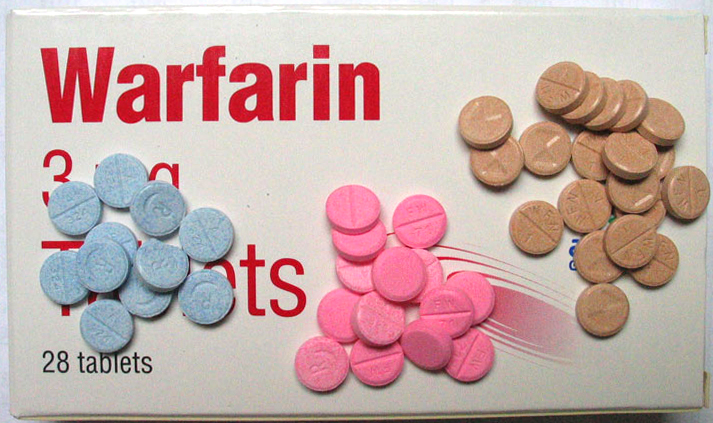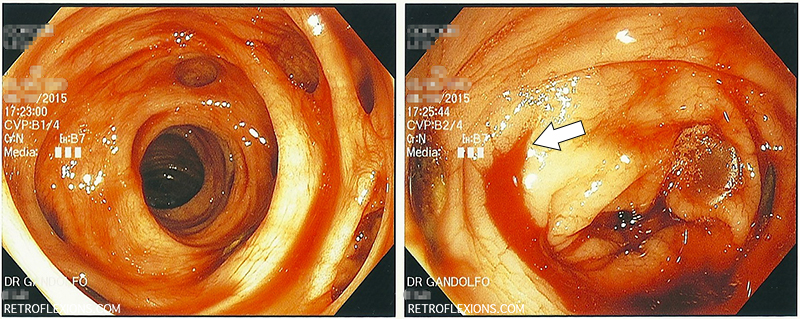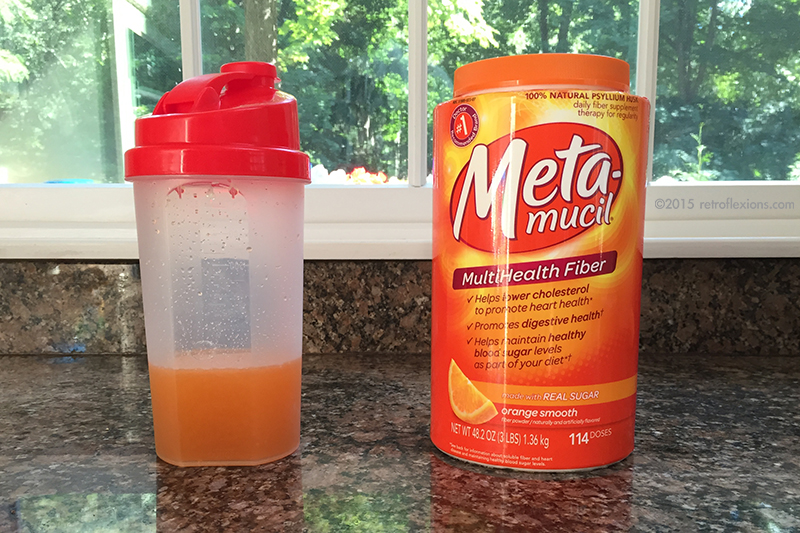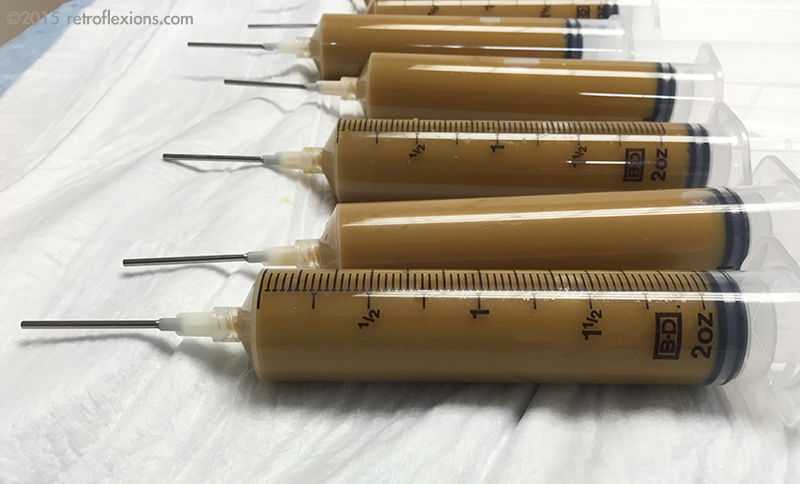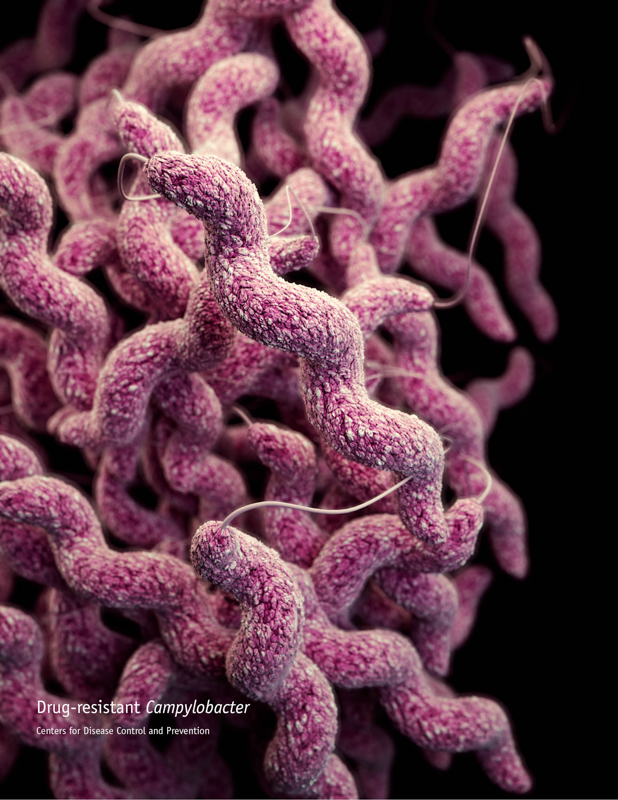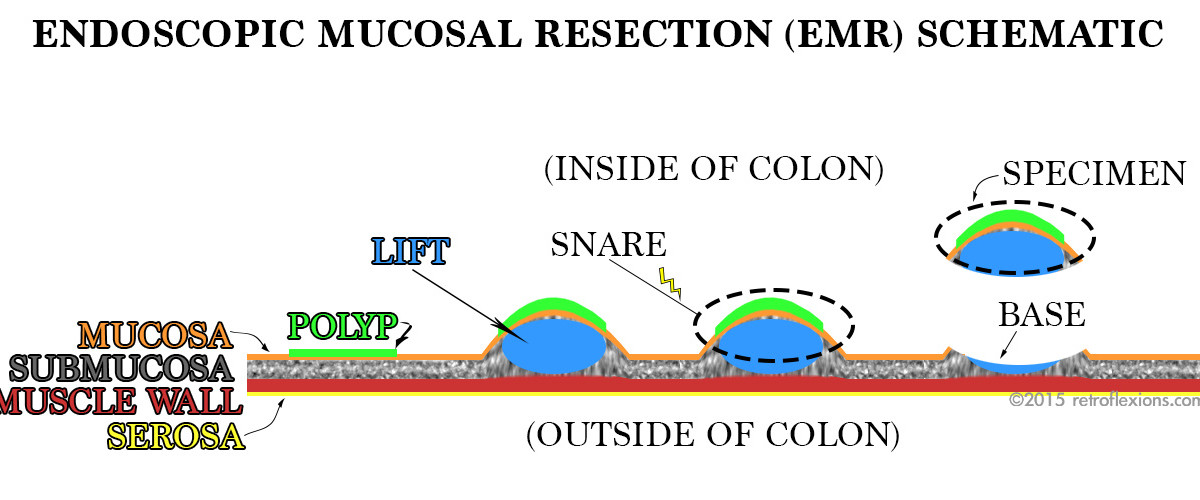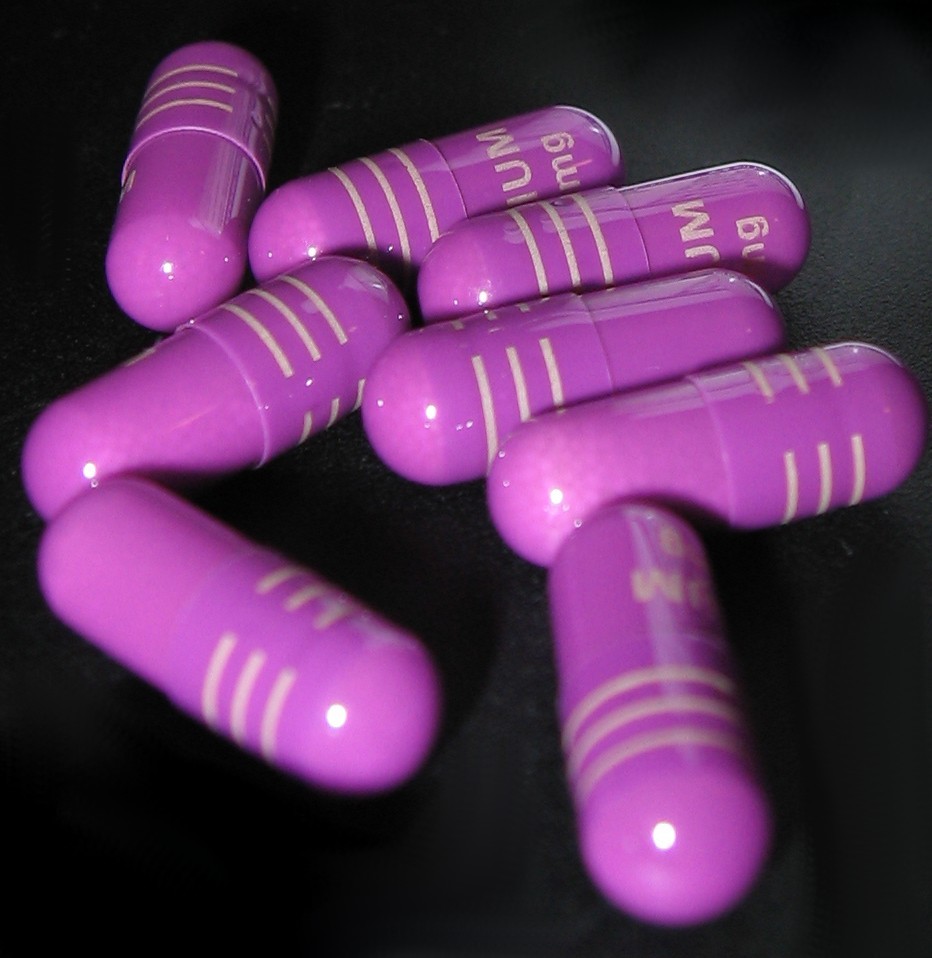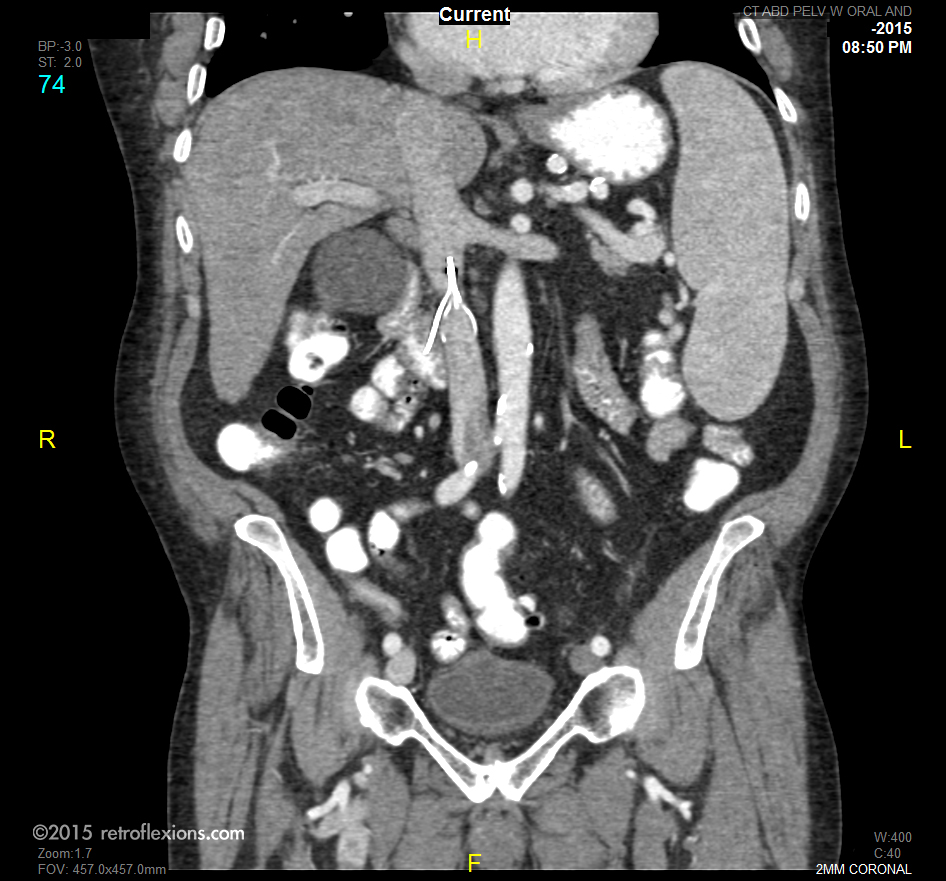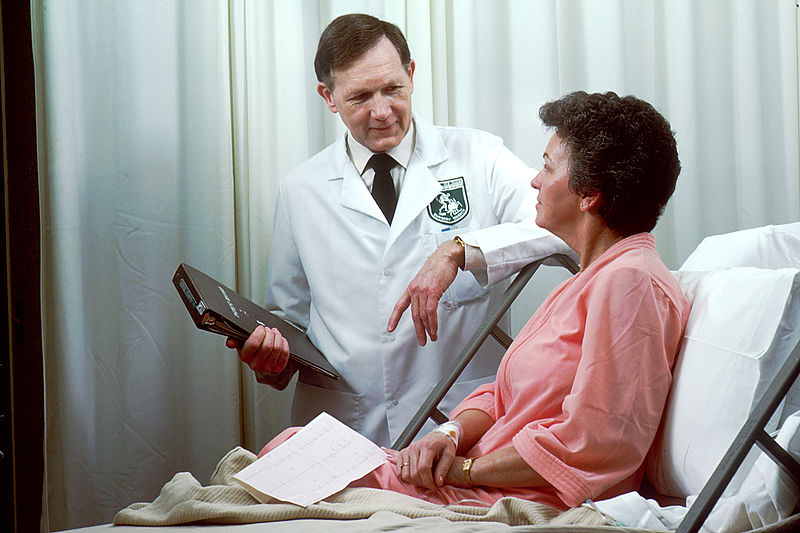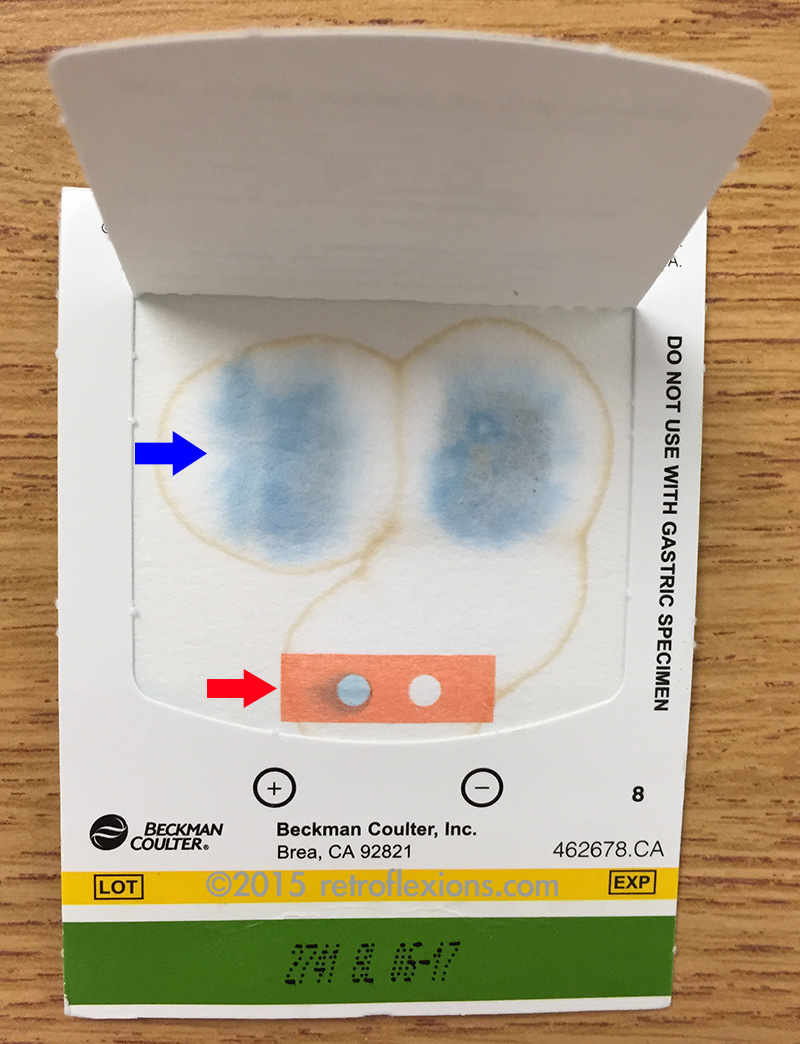Is this common practice of bridging from Coumadin to an injectable anticoagulant back to Coumadin necessary? From a practical point, it is usually a major inconvenience for patients and doctors alike. Many patients are uncomfortable giving themselves injections at home. The injectable anticoagulants are sometimes expensive. Sometimes despite good instruction, they are administered incorrectly by the patient, or on the wrong dates. What if Coumadin was just held and later restarted without the bridging?
Dr. Gandolfo is a board-certified gastroenterologist in Long Island, NY. He is the founder of Retroflexions.com and enjoys writing about healthy living and the practice of medicine. He started his solo practice, Precision Digestive Care, in 2018.
Posts by Frederick Gandolfo, MD
(Don't click if you don't want to see blood!) Diverticular bleeding can happen without warning, and is painless. A large volume of bright red or sometimes dark red blood per rectum is often the only symptom. In most patients who are not on blood thinners, diverticular bleeding eventually stops by itself.
I find that using a shaker bottle really helps to quickly mix the fiber with water, and also allows for easy re-mixing after you start drinking. These shaker bottles are usually marketed for bodybuilders as a quick and portable way to mix protein powder
This will just be a cookbook-style post on how we do fecal microbiota transplant with colonoscopy. First, a healthy donor must be identified. The donor should be in good general health, since theoretically some problems such as obesity, diabetes, autoimmune disease, etc., may be transmitted by fecal transplant.
Some people seem to get "stomach bugs" all the time, while other people rarely have these issues. Vomiting, abdominal pain, fever, and diarrhea are the common symptoms of a variety of enteric infections that often start after the soon-to-be victim ingests the infectious organism. These bacteria have wonderful names like Salmonella, Shigella, Campylobacter, E. coli, Vibrio, and C. difficile, just to name a few. The symptoms of gastroenteritis and infectious colitis can range from a minor annoyance to life-threatening dehydration due to ongoing vomiting and diarrhea.
Many lesions that have been deemed "not endoscopically resectable" can actually be safely removed by a gastroenterologist with training and experience in EMR.
Small beads of sweat were already forming on his forehead before he entered the kitchen. He walked into the back where the chef, who was working furiously, didn’t even notice him. “Excuse me, Chef?” the waiter managed to peep out, barely audible above the kitchen clamor. There was no answer. “Um, excuse me, Chef?” the … Read more
We have established that the microbiome is important. But what makes up a healthy microbiome? In one word...
Of the cancers that both men and women can get, colon cancer is the second leading cause of cancer death in the Unites States. Colonoscopy, when performed by an expert with an adequate adenoma detection rate, has been shown to reduce the risk of developing colorectal cancer. For most people, routine screening colonoscopy is recommended starting at … Read more
There has been concern for several years about commonly prescribed antacid drugs called proton pump inhibitors (PPIs) and the heart. PPIs are used to treat gastroesophageal reflux disease (GERD), peptic ulcer disease, and other acid-related diseases. Common drugs in the PPI class are omeprazole (Prilosec), esomeprazole (Nexium), pantoprazole (Protonix), lansoprazole (Prevacid), and dexlansoprazole (Dexilant), among … Read more
Case: A 79-year-old man with a distant history of pulmonary embolism (PE) was admitted to the hospital with several days of vague right-sided lower abdominal pain. There was no history of gastrointestinal bleeding, and the pain did not worsen with eating. On physical exam, there was moderate right lower quadrant abdominal tenderness without rebound or … Read more
The purpose of this article is to define a few terms and clarify some common misconceptions about rectal bleeding.
Most patients want to get out of the hospital as soon as possible. No one wants to sleep in a loud hospital room with constant interruptions for rounding, vital sign checks, blood work, etc. Hospitals are a place for people when they’re sick, and if you aren’t sick you shouldn’t be in a hospital. I … Read more
Occult gastrointestinal bleeding simply means that there is blood loss into the GI tract that cannot be seen with the naked eye (as opposed to overt GI bleeding, where blood is seen). Typically, patients with occult GI bleeding have slowly progressive anemia due to slow chronic blood loss. There are a variety of causes of … Read more
These are “kissing” duodenal ulcers. The ulcers are on opposite walls of the duodenal bulb, and are basically touching each other, hence the “kissing” description. If you notice, the larger ulcer on the right has a flat dark spot in the middle…this is the former site of the large artery that was actively bleeding 24 … Read more
